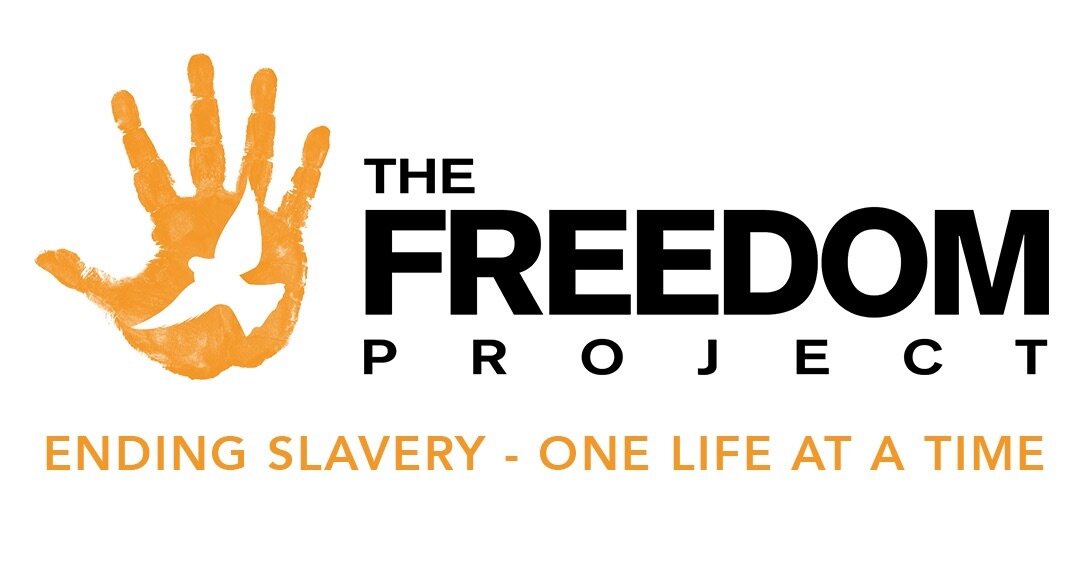5 Steps for Ethical Living
“Ethical living” is a phrase that sounds so heavy with meaning, especially when we take some time to think about how we personally classify what ethical is, and what it isn't. I have a hard time fully delineating my own beliefs and stances with regards to ethics, and I’m sure that this is fairly common.
We all have our own hard-and-fast rules with regards to what we find right and wrong, like not stealing, avoiding hurting people, and such. But even the little things have grey areas that are hard to ignore: sometimes it’s okay, but sometimes it isn’t. Ethics are complicated, multi-faceted, and deeply personal. Though ingrained in the systems around us, they’re a part of our every-day lives.
I’m not here to wax philosophical morals, or suggest what is right and wrong. For some, it might be utilitarian: all about reducing the amount of harm we may cause others for the happiness of the greater good. Others might live by Kant’s categorical imperative, much like the golden rule of “do unto others what you’d want others to do unto you.” But, what does “ethical living” mean, especially when considering issues that aren’t directly in front of us, such as modern slavery?
The further away people and things are from our present reality, the harder it is to feel like we can do something about them and also feel like we are, in some way, responsible.
Here at The Freedom Project, we have taken a look at different parts of our lives that we can easily take for granted:
where we shop for clothes,
which groceries we buy,
and even down to that one chocolate bar we decided to get on a whim.
One small action, a ripple, can feel like a wave for someone else, and we might not even know it.
This can feel extremely overwhelming, so I thought that the best way to reflect on it was to create a shortlist of ways to make better choices. Here are 5 steps for ethical living:
Become aware. I think our first instinct when we begin to feel strongly about certain causes is to fall head-first into them. So let's try to do this step-by-step. Take note of brands that have reputable certification, replace old habits, and change mindsets. Check out our previous BLOGS to learn more about certification.
Suggest. Not everyone will feel strongly about the issues that you do, but when prompted, you be able to suggest some new things that others can try. Perhaps you could suggest a FAIRTRADE certified coffee brand over a more generic one. Remember that everyone will come to their own conclusions about what “ethical living” means to them, and it may involve different causes from your own.
Invest. It is wonderful to be able to invest in ethically certified brands. I know that I haven’t been able to transition to an entirely “ethical” wardrobe, but looking at the clothes hanging in my closet that I wear consistently, and take care of, makes me feel good. Invest time, money, and space in what is important.
Get involved. Join groups! Fundraise! Volunteer! Put yourself into what you love, which can act as a break from study or work.
Be kind. Be kind to yourself and aware of the decisions you are making. These aren’t mistakes or “mess-ups,” these are choices. When we know better we do better... take steps to follow through with Living Slavery Free as you acquire new knowledge.
Ultimately, “ethical living” is what you choose it to be. I hope that my reflections resonate with you, and I hope that we can all start living more ethically and in turn, build a kinder world.
